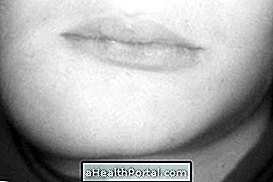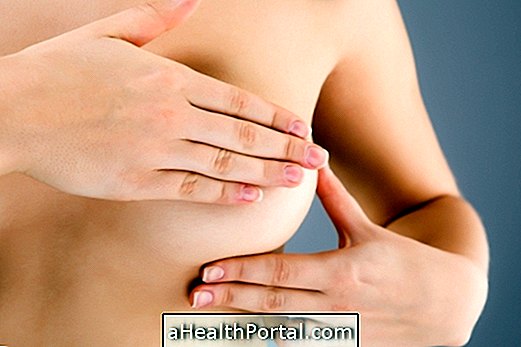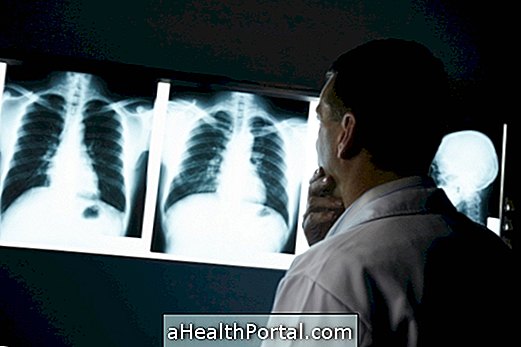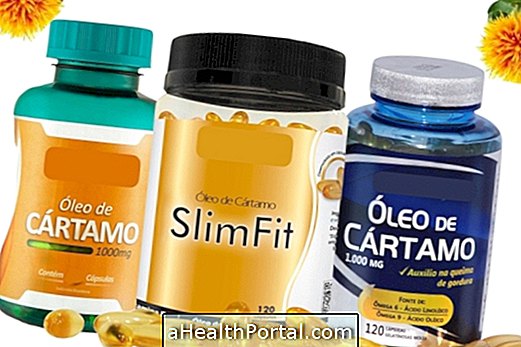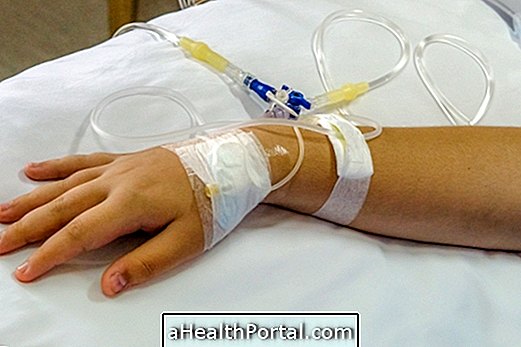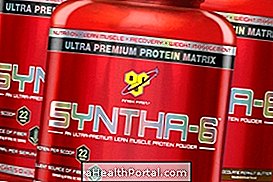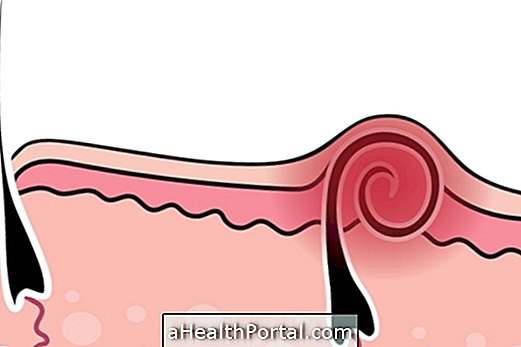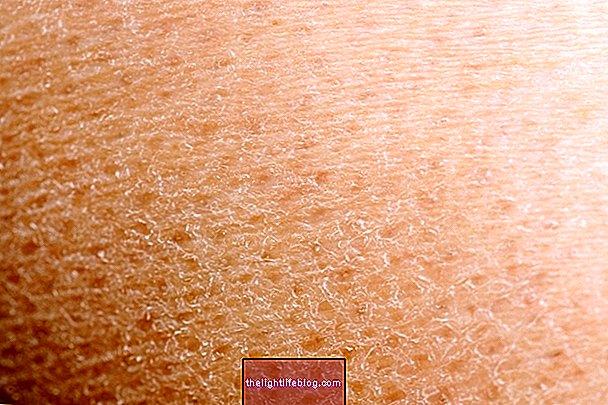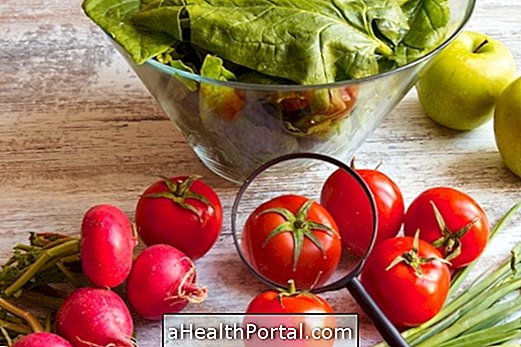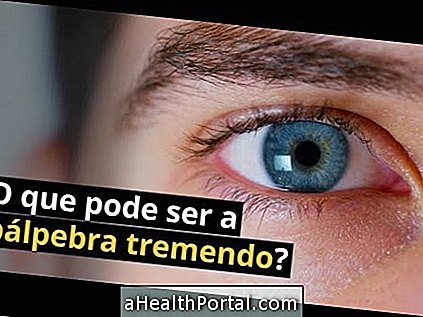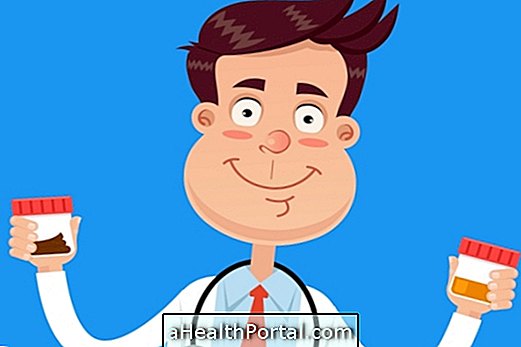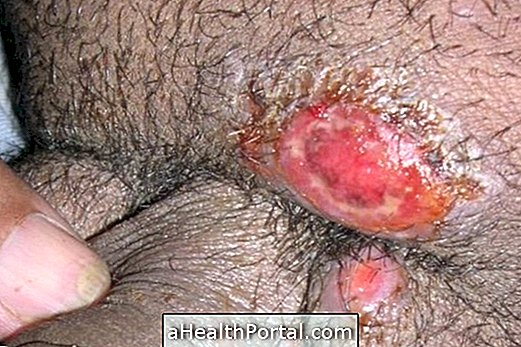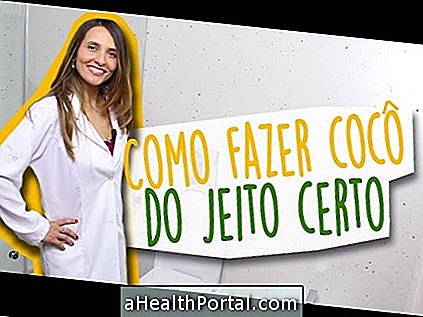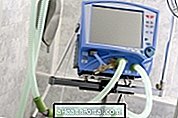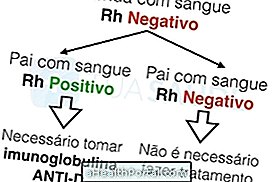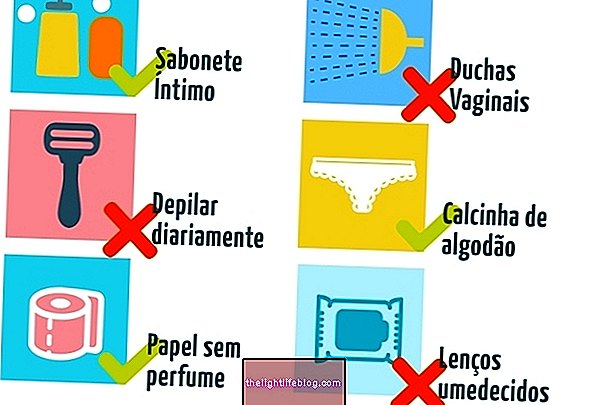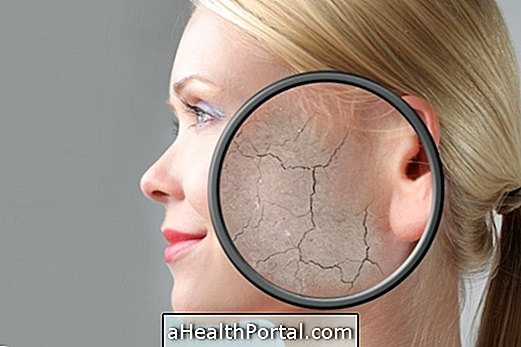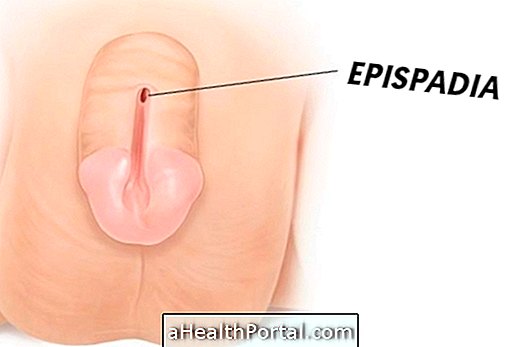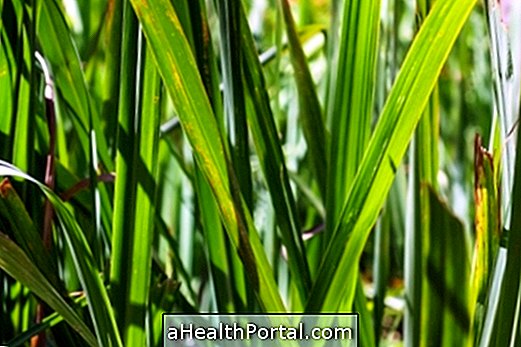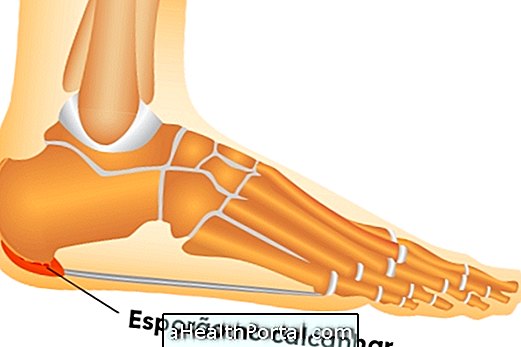Treatment for Parkinson's disease, or Parkinson's disease, includes the use of medications, prescribed by the neurologist or geriatrician, such as Levodopa, Pramipexole and Seleginine, for example, which help to decrease symptoms as they increase dopamine and other neurotransmitters in the brain , which are reduced in people with this disease.
In cases where there is no improvement with the use of these drugs, it is also possible to perform a surgical procedure, called deep brain stimulation, which can regress some symptoms, and decrease the necessary dose of the drugs. In addition, the practice of physical therapy, occupational therapy and physical activity is also important to help improve strength and balance, reinforcing autonomy.

1. Remedies
After the diagnosis of the disease, the neurologist may prescribe the daily use of medications, which can be provided by SUS or can be purchased in private pharmacies, such as:
Akineton (Biperiden)
Gentin (Benzatropine)
Artane (Triexifenidil)
Kemadrin (Procyclidine)
Tasmar (Tolcapona)
Comtan (Entacapone)
Permax (Pergolide)
Parlodel (Bromocriptine)
Mirapex (Pramipexole)
Requip (Ropinirole)
Generally, the most used type of medication is Levodopa, however, the doctor will decide which combinations to indicate, depending on the general health status, the stage of the disease, time of day that the symptoms intensify and the side effects of the medications.
In addition, to treat other conditions such as depression, agitation and insomnia, common in this disease, the doctor may prescribe other types of medication, such as antidepressants, antipsychotics and anxiolytics.
2. Physiotherapy
Physical therapy treatment can be started as soon as the diagnosis is confirmed, being a good way to help stimulate the person's movement and quality of life, because it improves strength, coordination and range of motion, reducing the natural imbalance of the disease and preventing contractures and falls. Sessions can be daily or at least twice a week. See more about physical therapy for Parkinson's.
Other important ways to stimulate people with Parkinson's are speech therapy, to improve vocal capacity, hoarseness and swallowing capacity, in addition to occupational therapy and physical activity, as they help to stimulate independence, the ability to perform daily activities and the self-care.
3. Natural treatment
Natural treatment is not a substitute for drug therapy and can be used as a supplement to help relieve some symptoms of Parkinson's patients.
Thus, it is possible to invest in foods rich in vitamin E, consuming vegetable oils and fruits such as avocado, in addition to vegetables and fruits, as they contain neuroprotective antioxidant properties. Already the tea of the leaves of the passion fruit is a good way to calm and relax the person with Parkinson's, in the moments of anxiety and agitation.
A nutritionist will be able to indicate how to adapt the diet in order to facilitate eating and combat common symptoms such as heartburn, constipation and poor appetite. Thus, in more advanced cases, it is recommended to choose foods that are easy to swallow and that reduce the risk of choking, such as thick soups, blends in a blender, fruit smoothies, puree and broths, for example, and the meat must already be cut or shredded on the plate to facilitate chewing.
Another natural way that can help reduce Parkinson's-related symptoms is acupuncture, which is a type of alternative treatment that promotes pain relief in the body, stiffness and some symptoms related to sadness and depression.
4. Surgery
The surgical procedure to treat Parkinson's is deep brain stimulation, performed in cases in which there is no improvement with the use of medications or when they are no longer effective.
This technique consists of placing a small electrode in the region of the brain affected by the disease, and helps to decrease or regress some symptoms, improving the person's quality of life. Understand how deep brain stimulation is done.
Was this information helpful?
Yes No
Your opinion is important! Write here how we can improve our text:
Any questions? Click here to be answered.
Email in which you want to receive a reply:
Check the confirmation email we sent you.
Your name:
Reason for visit:
--- Choose your reason --- DiseaseLive betterHelp another personGain knowledge
Are you a health professional?
NoMedicalPharmaceuticalsNurseNutritionistBiomedicalPhysiotherapistBeauticianOther
